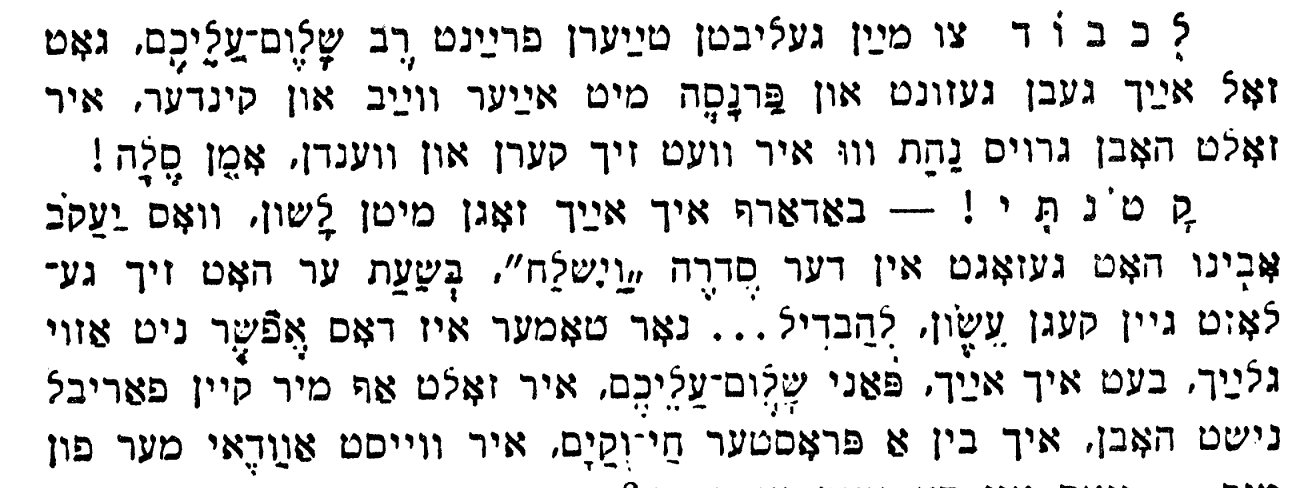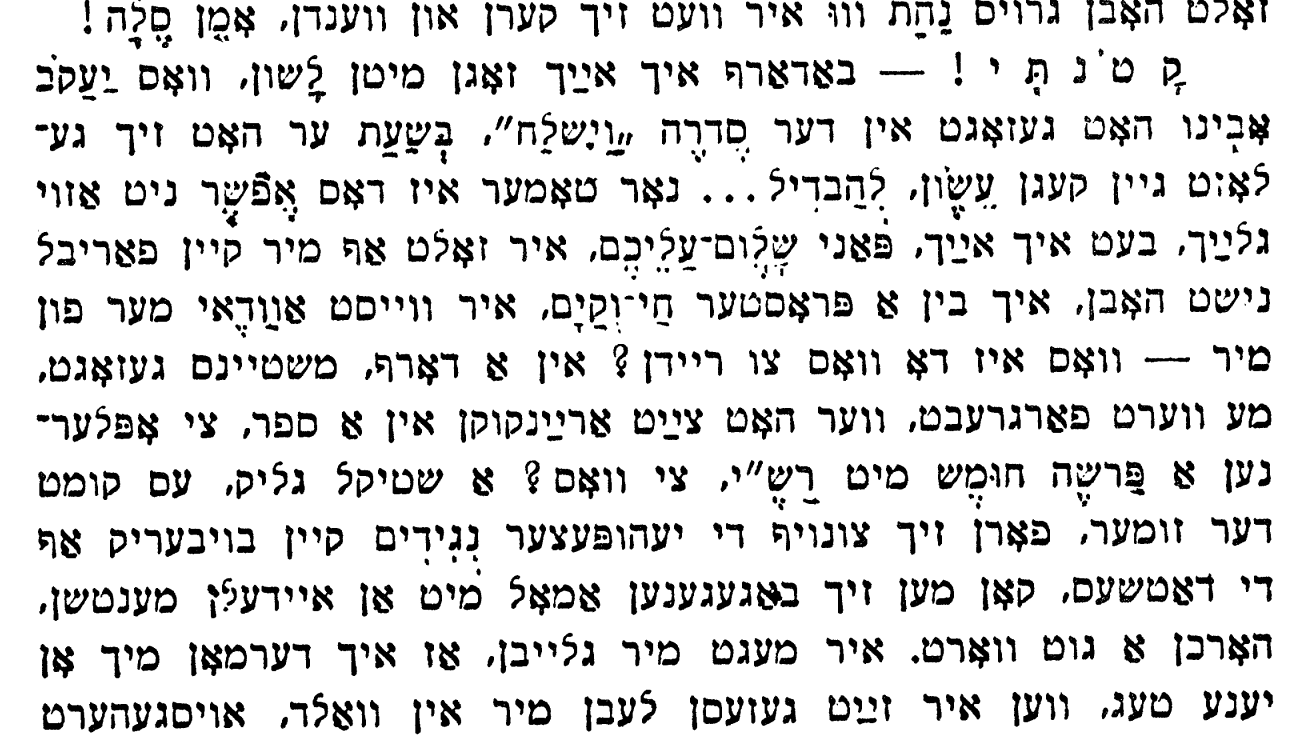Vaudeville to Netflix: One Hundred Years of Jewish Comediennes
Thaïs Miller
Literature
UC Santa Cruz
Jewish humor, a longstanding survival mechanism in the face of antisemitism, has recently been mobilized on digital streaming platforms by American women writers and performers, becoming a crucial mechanism of resistance to antisemitism, systemic misogyny, and other forms of intersectional oppression. Following the influx of digital streaming platforms from 2005 to 2008, comedic content creators such as Ilana Glazer and Abbi Jacobson (creators of Broad City) and Rachel Bloom (creator of Crazy Ex-Girlfriend) began to infuse their work with intertextual allusions (or brief, tongue-in-cheek insider references) to Jewish holidays, history, and feminist issues without explanation or contextualization. They inspired more established writers and performers (including Jenji Kohan (creator of Orange is the New Black), Joey Soloway (creator of Transparent), Tiffany Haddish (creator of the comedy special Black Mitzvah), and Natasha Lyonne (co-creator of Russian Doll)) addressing broader audiences, to incorporate similar references as Easter eggs or deep cuts to promote transmedia viewer engagement. What makes all these shows innovative and significant is how the creators blend traditional motifs of Jewish humor with popular feminist strategies and digital storytelling capabilities to counter the recent resurgence of antisemitic rhetoric and attacks in the US.


